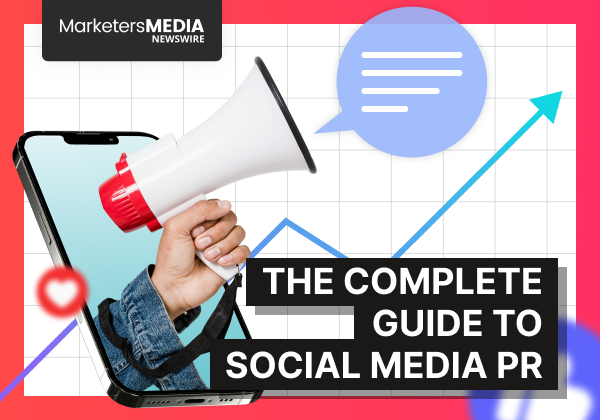- Key Takeaways
- Defining Customer Engagement
- Forms of Engagement
- The Impact on Business
- Crafting a Strategy
- Strategies for Improvement
- Leveraging Technology
- Metrics to Monitor
- Optimizing the Process
- Final Remarks
- Frequently Asked Questions
Did you know that 86% of customers are willing to pay more for a better customer experience? Did you know that companies with strong customer engagement strategies retain an average of 89% of their customers? Customer engagement is not just a buzzword; it's a crucial aspect of any successful business to reach engaged customers. By fostering successful customer engagement through meaningful interactions and customer engagement marketing strategies, businesses can build loyalty, increase retention rates, and drive revenue growth. Stay tuned to discover how you can create lasting connections with your audience through successful customer engagement and elevate your brand's success.
Key Takeaways
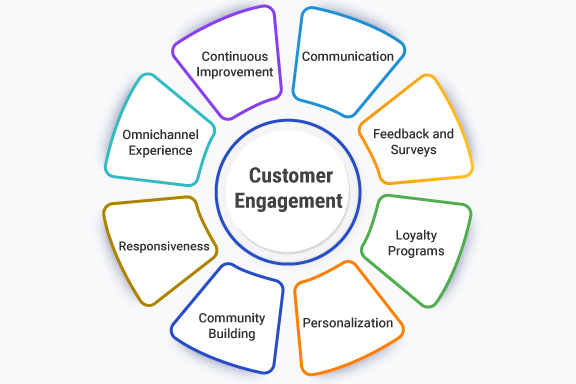
- Understanding what customer engagement entails is crucial for building strong relationships with your audience.
- Different forms of engagement, such as social media interactions and personalized communication, can enhance customer loyalty and satisfaction.
- The impact of effective customer engagement extends to increased sales, brand advocacy, and long-term business success.
- Developing a well-thought-out strategy tailored to your target audience is essential for fostering meaningful engagement.
- Implementing strategies like active listening, personalization, and feedback incorporation can significantly improve customer engagement levels.
- Utilizing technology tools like CRM systems and automation can streamline processes and enhance the overall customer experience.
Defining Customer Engagement
Core Concepts
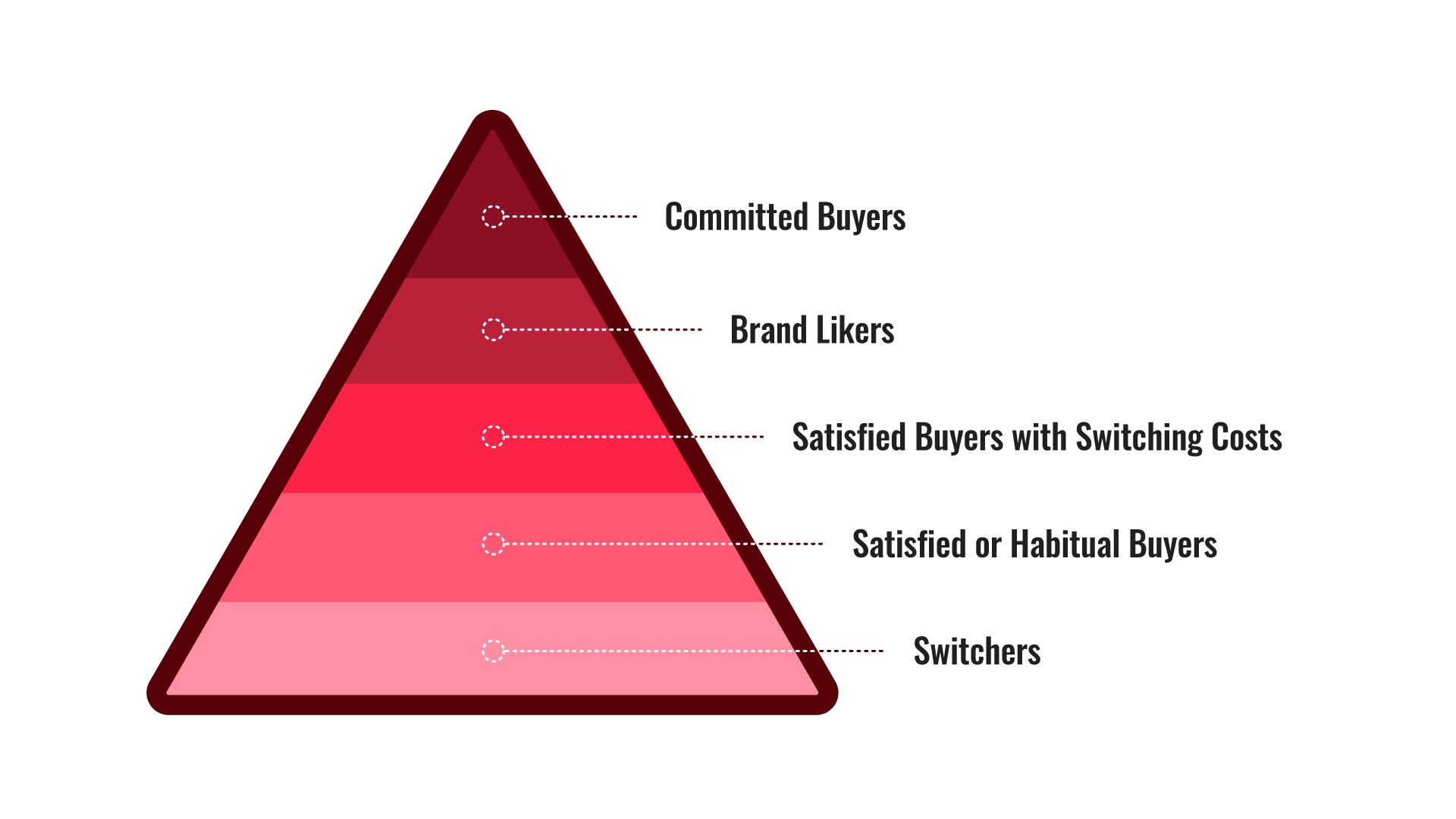
Customer engagement refers to the emotional connection between consumers and brands, fostering loyalty and advocacy in marketing. This connection is vital for businesses to sustain long-term relationships with their customers. The dimensions of customer engagement encompass aspects like longevity, where consumers remain connected over time, and proactiveness, indicating the customer's active involvement in interactions.
Importance
Highly engaged consumers play a pivotal role in a brand's success as they tend to make more purchases, advocate for the brand, and exhibit unwavering loyalty. Providing an exceptional customer experience lies at the heart of effective customer engagement strategies. By engaging consumers effectively, brands can achieve positive outcomes such as increased sales and enhanced brand reputation.
Engagement vs Satisfaction

Distinguishing between customer engagement and satisfaction is crucial. While customer engagement focuses on the emotional connection and active participation of consumers with brands, satisfaction merely reflects how content customers are with a specific transaction or interaction. It's essential to note that satisfaction can result from engagement; however, a satisfied consumer might not necessarily be actively engaged with the brand.
Engagement vs Experience
Customer engagement is like making friends with your customers online. It's not just about making them happy or giving them a good experience when they buy something from you. It's more about getting them involved and interested in what you have to offer. Imagine if you have a favorite store where the staff knows your name, remembers what you like, and always has something fun going on that keeps you coming back for more. That's what good customer engagement is all about - building a relationship that goes beyond just buying things.
When we talk about customer satisfaction, it's like asking yourself, "Did I enjoy my meal at that restaurant?" or "Was the movie I watched entertaining?" It's all about whether you had a good time in that moment. But customer engagement is different because it's like asking, "Do I feel connected to this brand?" or "Am I excited to see what they do next?" It's about creating a bond that keeps customers interested and invested in what you're doing.
Now, let's talk about customer experience. This is like the whole journey from the moment you hear about a brand to the time you actually buy something and even after that. It includes every little interaction you have along the way - like seeing an ad online, visiting a website, talking to customer service, and even receiving your order. Customer experience is like the big picture of how everything comes together to make you feel about a brand, while customer engagement is more about the ongoing relationship that keeps you hooked.
Forms of Engagement
Online Methods
Social Media

Social media plays a crucial role in enhancing customer engagement by providing a platform for direct interaction between brands and customers. Customers can engage with brands through comments, likes, shares, and direct messages. For instance, companies like Starbucks and Nike have successfully utilized social media to create interactive campaigns that encourage customer participation.
Reviews
Customer reviews play a crucial role in determining the success of a business by impacting engagement levels significantly. When customers take the time to leave feedback about their experiences with a product or service, they provide valuable insights that can help businesses improve and cater to their needs better. Responding to these reviews is key because it shows customers that their opinions are not only heard but also valued. This interaction creates a sense of trust and appreciation between the business and its customers, ultimately leading to higher levels of engagement.
Positive reviews, in particular, have a multitude of benefits for businesses. They not only boost brand credibility by showcasing satisfied customers but also play a vital role in building customer loyalty. When potential customers see positive reviews from others who have had good experiences with a business, they are more likely to trust the brand and make a purchase themselves. Additionally, loyal customers who leave positive reviews often become advocates for the brand, spreading positive word-of-mouth and attracting new customers.
In today's digital age, where online reputation can make or break a business, leveraging positive reviews to enhance engagement is crucial. By actively engaging with customers through review responses and utilizing positive feedback to showcase the strengths of a business, companies can build a strong online presence and cultivate a loyal customer base. Remember, every positive review is not just a testament to your business's success but also an opportunity to further engage with your audience and build lasting relationships.
Offline Methods
Loyalty Programs
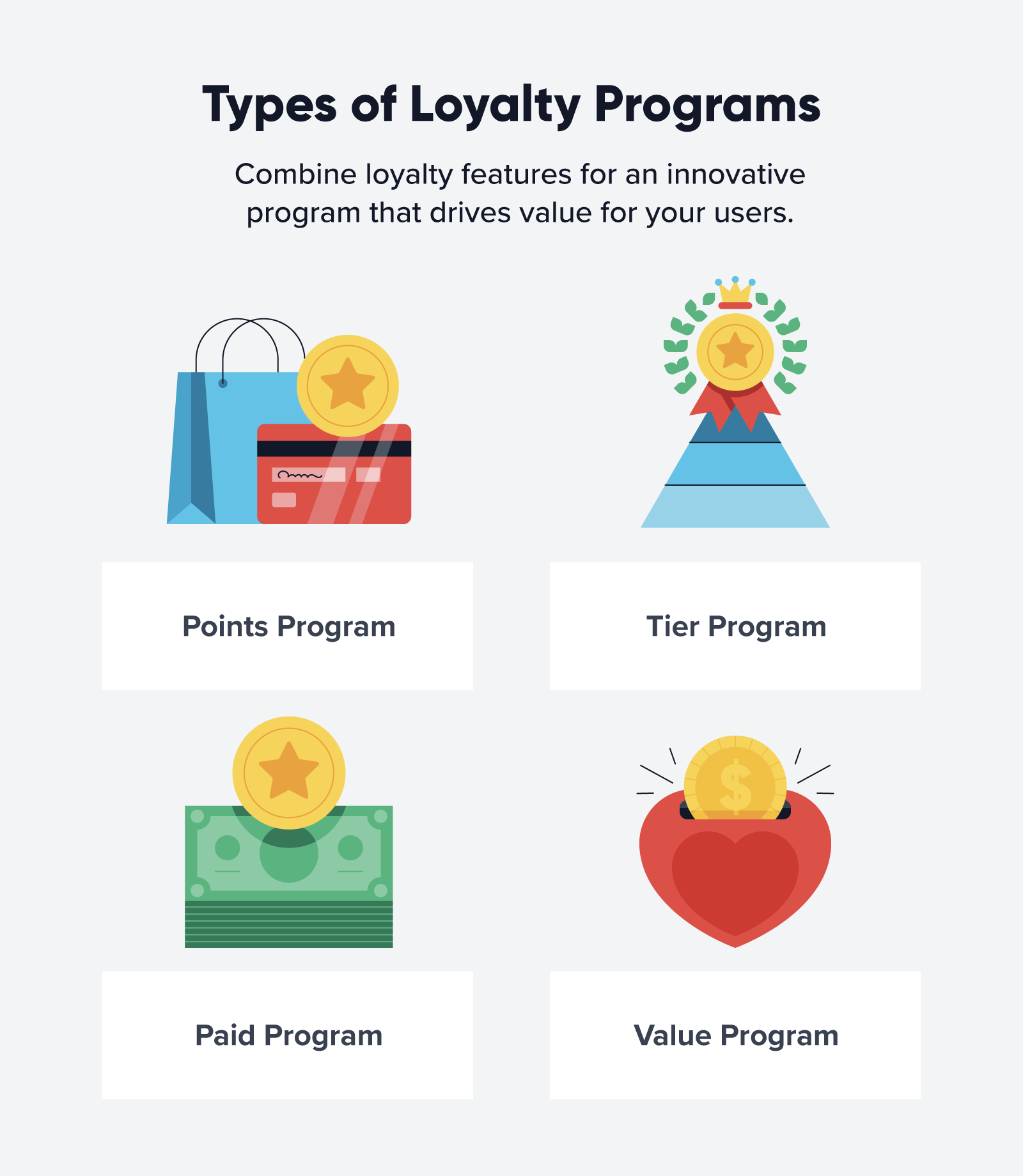
Implementing loyalty programs is beneficial for customer engagement as they incentivize repeat purchases and customer retention. These programs offer rewards such as discounts, exclusive offers, or free products to loyal customers, encouraging them to stay connected with the brand. Successful examples include Sephora's Beauty Insider program and Starbucks' Rewards program.
Direct Feedback
Direct feedback from customers is crucial for improving customer engagement as it provides insights into their preferences and satisfaction levels. Businesses can encourage feedback through surveys, suggestion boxes, or personalized emails. Effective handling of feedback not only resolves issues promptly but also strengthens customer relationships and fosters loyalty.
The Impact on Business
Enhanced Loyalty
Customer engagement significantly impacts business success through enhanced loyalty. When businesses prioritize engaging with customers, they foster stronger connections leading to increased loyalty. Personalized experiences play a crucial role in nurturing customer loyalty by making individuals feel valued and understood. Consistent communication is key in building long-term relationships with customers, establishing trust and loyalty over time.
Increased Retention
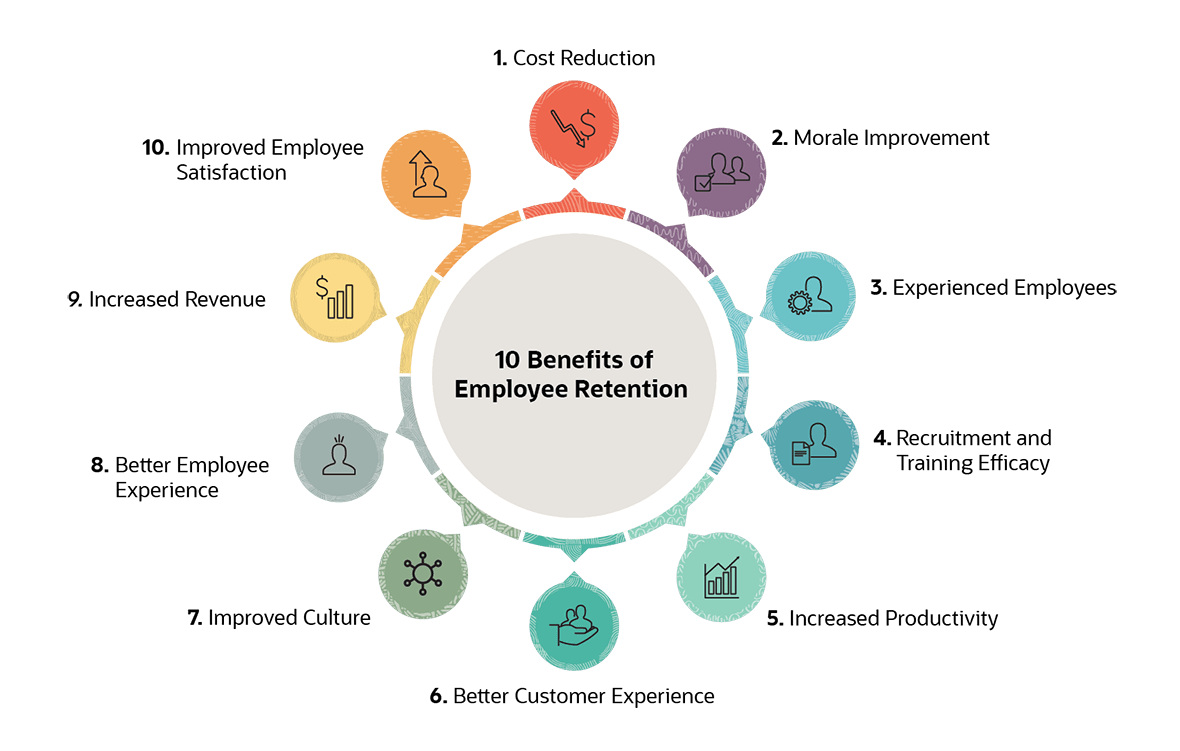
Effective customer engagement strategies play a vital role in improving customer retention rates. By actively engaging with customers, businesses create a sense of belonging and connection that encourages repeat purchases. These initiatives focus on retaining existing customers by providing exceptional service, personalized interactions, and loyalty programs tailored to individual preferences.
Better Sales Metrics
Customer engagement has a direct impact on sales metrics, driving revenue growth for businesses. Engaging with customers leads to increased sales as satisfied and loyal customers are more likely to make repeat purchases and recommend the business to others. Tracking and analyzing sales metrics are essential for optimizing engagement strategies, enabling businesses to understand customer behavior, preferences, and trends better.
Crafting a Strategy
Research Phase
Thorough research is crucial before implementing customer engagement strategies to ensure their effectiveness. Understanding customer preferences and behaviors helps tailor engagement efforts. Research insights guide targeted engagement initiatives for better outcomes.
Analysis Phase
Data analysis plays a pivotal role in evaluating the success of customer engagement initiatives. Measuring engagement metrics and KPIs provides valuable insights into performance. Analyzing customer feedback drives continuous improvement in engagement strategies, enhancing overall effectiveness.
Innovation Phase
Innovation is key to enhancing customer engagement by staying ahead of trends and adopting new technologies. Keeping pace with industry advancements ensures relevance and competitiveness. Innovative approaches, such as personalized recommendations or interactive experiences, set brands apart and foster stronger connections with customers.
Strategies for Improvement
Loyalty Programs
Loyalty programs are essential for fostering lasting relationships with customers. By offering rewards and incentives, businesses can encourage repeat purchases and brand loyalty. These programs not only increase customer retention but also drive engagement.
Inviting Feedback
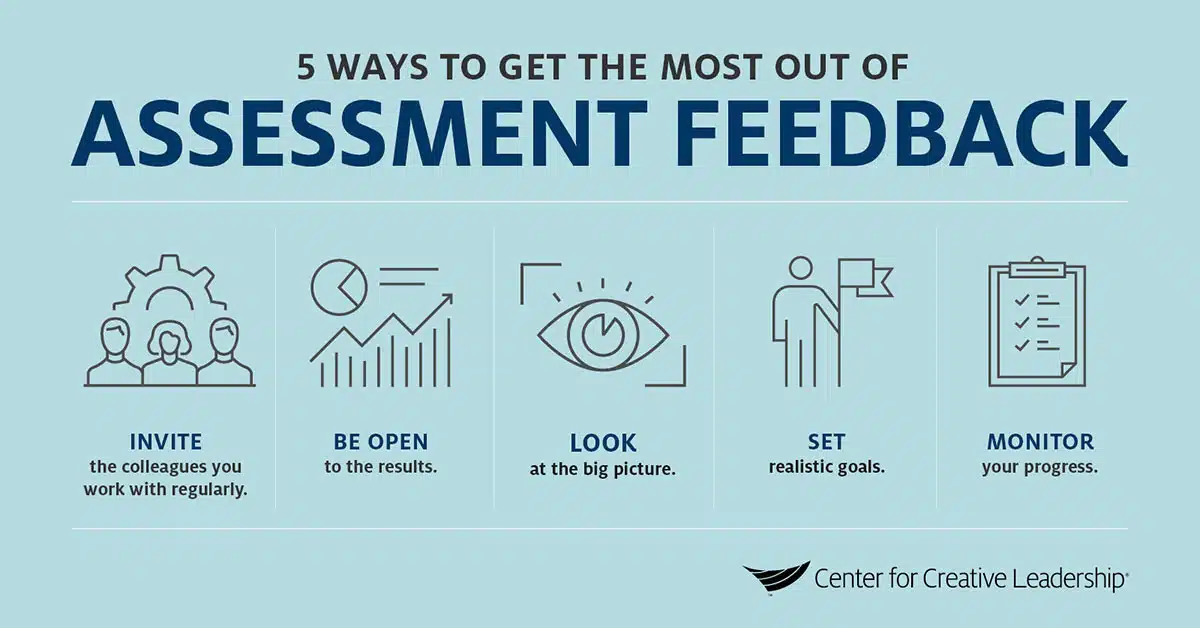
Actively seeking feedback from customers is crucial for understanding their needs and preferences. Feedback mechanisms, such as surveys and review platforms, provide valuable insights that can help businesses improve their products and services. Creating a feedback-friendly environment shows customers that their opinions are valued.
Using Technology
Technology plays a pivotal role in modern customer engagement strategies. AI-powered chatbots streamline customer interactions, providing instant support and personalized recommendations. CRM systems help businesses manage customer data effectively, enabling targeted marketing campaigns that enhance engagement. Examples include personalized email marketing and automated social media responses.
Personalization Efforts
Personalization is key to driving customer engagement in today's competitive market. Tailored recommendations based on past purchases or browsing behavior make customers feel understood and valued. Personalized communications, such as birthday greetings or exclusive offers, create a sense of connection with the brand. Successful personalization efforts can be seen in e-commerce platforms offering customized product suggestions and retail stores providing personalized shopping experiences.
Leveraging Technology
Managing Engagement
Customer engagement is crucial for business success. Actively managing customer engagement initiatives ensures a positive relationship with clients. Dedicated teams or departments play a pivotal role in overseeing these strategies. They focus on creating personalized experiences to enhance customer satisfaction.
Regular monitoring is essential to track the effectiveness of engagement efforts. It allows businesses to identify trends and make timely adjustments. By analyzing customer interactions, companies can tailor their approaches for better outcomes. This proactive approach helps in building long-lasting relationships and fostering loyalty.
Analytics Tools
Leveraging analytics tools is vital for measuring customer engagement accurately. These tools provide valuable insights into customer behavior and preferences. Key metrics such as conversion rates, click-through rates, and social media interactions are used to evaluate engagement levels effectively. By tracking these indicators, businesses can gauge the success of their engagement strategies.
Popular analytics tools like Google Analytics, HubSpot, and Mixpanel are widely used for customer engagement analysis. These platforms offer comprehensive features for tracking website traffic, user demographics, and campaign performance. By utilizing these tools, businesses can gain a deeper understanding of their customers' needs and interests.
Metrics to Monitor
Loyalty Indicators
Customer loyalty can be measured through various key indicators such as repeat purchases and referrals. Tracking these behaviors is crucial in assessing loyalty levels accurately. By observing how often customers engage with a brand, businesses can determine their loyalty. Loyalty indicators like customer retention rates and the frequency of purchases provide valuable insights into customer loyalty. Monitoring these metrics helps in understanding the effectiveness of engagement strategies.
Satisfaction Levels
Monitoring customer satisfaction is vital for engagement success. Satisfied customers may not always be engaged, emphasizing the need to address both satisfaction and engagement levels separately. High satisfaction levels do not guarantee active engagement, making it essential to focus on enhancing both aspects for sustainable customer relationships. Combining satisfaction metrics with engagement data provides a comprehensive view of customer sentiment and behavior.
Engagement Rates
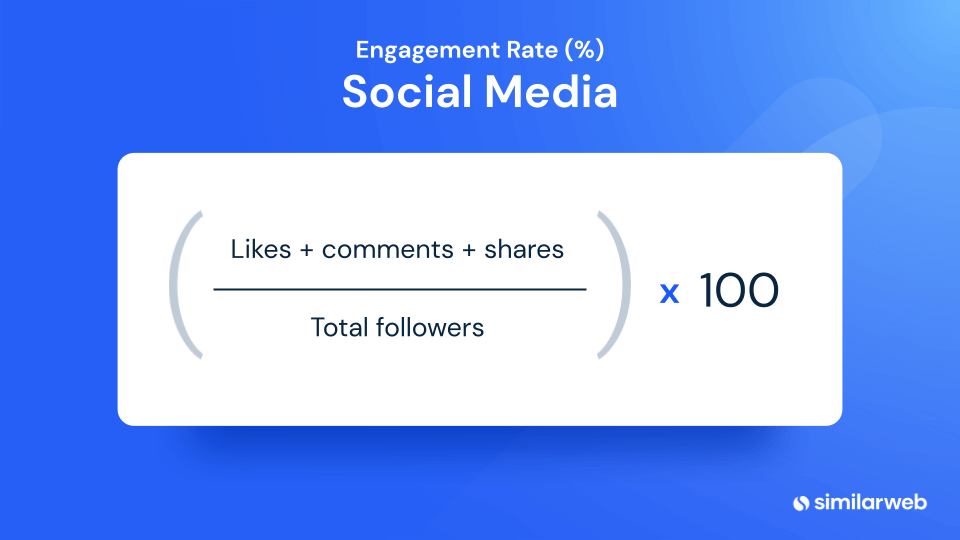
Engagement rates reflect how actively customers participate with a brand across different channels. By measuring the level of interaction, businesses can gauge the effectiveness of their engagement strategies. Tracking engagement rates allows companies to identify which channels are most successful in capturing customer attention and driving interactions. Understanding these rates helps in optimizing engagement tactics for improved customer experiences across various touchpoints.
Optimizing the Process
Continuous Improvement
Customer engagement strategies benefit greatly from continuous improvement to ensure relevance and effectiveness. By constantly analyzing metrics and customer feedback, businesses can make data-driven decisions to enhance their engagement approaches. Implementing changes based on insights gathered from these feedback loops leads to iterative enhancements that cater more precisely to customer needs.
In the realm of customer engagement, companies like Amazon have set a benchmark by continually refining their strategies. Through real-time data analysis and proactive adjustments, Amazon ensures that its customers receive personalized recommendations and seamless shopping experiences. This commitment to continuous improvement has solidified Amazon's position as a leader in customer satisfaction.
Adapting Strategies
Businesses must be agile in adapting strategies to keep pace with shifting customer preferences and behaviors. Flexibility is key in modifying engagement tactics promptly in response to changing market dynamics. By staying attuned to evolving trends and consumer demands, companies can tailor their approaches effectively for sustained customer engagement.
To maintain a strong connection with customers, companies like Netflix regularly adapt their engagement strategies. By leveraging user data and behavior patterns, Netflix customizes content recommendations and user interfaces to align with individual preferences. This dynamic approach showcases the significance of agility in adjusting strategies to meet the ever-changing needs of customers.
Leveraging MarketersMEDIA for Enhanced Customer Engagement

In today's competitive business landscape, customer engagement is more critical than ever. Marketers are constantly seeking innovative ways to connect with their target audience and build lasting relationships. One effective tool that has been gaining popularity among marketers is MarketersMEDIA.
MarketersMEDIA is a comprehensive platform that allows businesses to distribute press releases, news, and announcements to a wide audience. By utilizing MarketersMEDIA, companies can increase their visibility, reach new customers, and enhance their overall brand presence.
One of the key benefits of using MarketersMEDIA for customer engagement is its ability to reach a diverse audience across various channels. Whether it's through online publications, social media platforms, or news outlets, MarketersMEDIA ensures that your message reaches the right people at the right time.
Furthermore, MarketersMEDIA provides valuable analytics and insights that can help businesses track the performance of their press releases and optimize their customer engagement strategies. By analyzing metrics such as click-through rates, impressions, and social shares, companies can gain valuable insights into what resonates with their audience and tailor their approach accordingly.
MarketersMEDIA is a powerful tool that can significantly enhance customer engagement for businesses of all sizes. By leveraging this platform effectively, companies can connect with their target audience, drive brand awareness, and ultimately foster long-term relationships with their customers.
Final Remarks
You've learned the essence of customer engagement, its diverse forms, and the significant impact it holds for businesses. Crafting a well-thought-out strategy, implementing improvement tactics, leveraging technology smartly, monitoring key metrics, and optimizing the entire process are crucial steps to ensure effective customer engagement. By embracing these practices, you pave the way for enhanced customer relationships, increased loyalty, and ultimately, improved business outcomes.
Now armed with this knowledge, take action. Implement these strategies into your business model, monitor progress diligently, and adapt where necessary. Remember, customer engagement is not a one-time task but an ongoing journey that requires dedication and constant refinement. By prioritizing customer engagement, you set your business on a path towards sustainable growth and success.
Frequently Asked Questions
What is Customer Engagement?
Customer engagement refers to the interactions and relationships between a customer and a business, reflecting the customer's level of involvement with the brand.
How does Customer Engagement Impact Business?
Effective customer engagement can lead to increased loyalty, higher retention rates, positive word-of-mouth referrals, and ultimately, improved profitability for the business.
Why is Crafting a Strategy Important for Customer Engagement?
Crafting a strategy helps businesses define their goals, target audience, and desired outcomes. It provides a roadmap for engaging with customers in a meaningful and consistent manner.
How Can Technology be Leveraged for Customer Engagement?
Technology can be used to personalize interactions, streamline communication channels, gather customer feedback efficiently, and provide seamless experiences across various touchpoints.
What Metrics are Essential to Monitor for Customer Engagement?
Key metrics such as customer satisfaction scores, Net Promoter Score (NPS), customer retention rate, conversion rate, and social media engagement can help businesses gauge the effectiveness of their customer engagement efforts.
Free Press Release Template
Tell us where to send your PDF:




